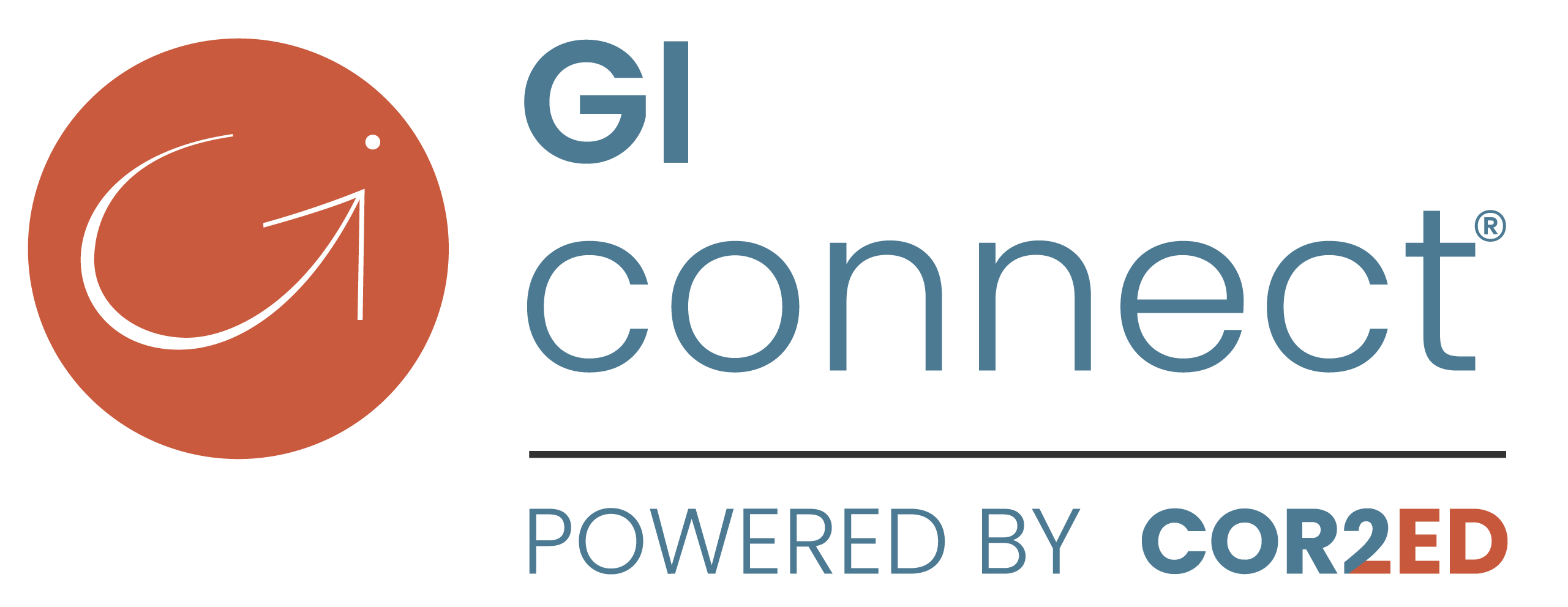I am Chiara Cremolini and today I bring to you from ASCO 2022 some interesting results that have been presented.
Single agent PD-1 blockade as curative-intent treatment in mismatch repair deficient locally advanced rectal cancer. Cercek A, et al. Abstract LBA5
In particular an interesting phase 2 trial conducted by the Memorial Sloan Kettering Cancer Center Group was presented today dealing with the treatment of patients with locally advanced rectal cancer, but in particular of patients with deficient mismatch repair or microsatellite unstable tumours.
We already knew about the impressive results achieved with immunotherapy in the metastatic setting in dMMR patients. But now we have evidence from 14 patients enrolled in this trial that using immunotherapy may avoid operative management of these patients. Only 14 patients with dMMR rectal cancer in clinical stage 2 or 3 received up to six months of an anti PD-1 monoclonal antibody, dostarlimab, and then underwent a reassessment of their disease by means of pelvic MRI, digital examination and endoscopic assessment. In all of these patients a complete clinical response was observed.
So definitely we have only preliminary results at the relatively short follow up but definitely these results are potentially practice changing. Tomorrow in my clinic, I would pretty much love to offer an immunotherapy approach, an immunotherapy strategy to locally advanced dMMR, MSI high patients in order to avoid both chemo radiation and surgery in their therapeutic route.
Read the publication online in the NEJM
Panitumumab plus mFOLFOX6 versus bevacizumab plus mFOLFOX6 as first-line treatment in patients with RAS wild-type mCRC: Results from the phase 3 PARADIGM trial. Yoshino T, et al. Abstract LBA1
Another trial in the field of metastatic colorectal cancer was presented in the plenary session. It was the PARADIGM trial, a phase 3 randomised study where RAS wild-type, untreated, un-resectable metastatic colorectal cancer patients who were randomised to receive FOLFOX with either the anti-EGFR panitumumab or the anti-angiogenic bevacizumab.
And interestingly, the primary endpoint of this study was the overall survival in the left-sided subgroup, it has shown a clear advantage in terms of overall survival from starting the therapeutic route of these patients with the FOLFOX plus panitumumab instead of bevacizumab with a 3.6 absolute difference in terms of median overall survival and significant benefits in terms of the response rate and the secondary resection of metastasis.
Overall, this data confirms that in these patients with the left-sided RAS wild-type tumours starting the therapeutic route with an anti-EGFR based regimen is beneficial, while this is not the the same for patients with the right-sided tumours where overall both doublet plus BEV and doublet plus panitumumab provided really disappointing results and we need something different.
So tomorrow my clinical practice will not change too much based on this data because I already used to have doublet plus anti-EGFR as a preferred choice for RAS wild-type left-sided patients but definitely I think now that this is now a solid standard.





 Downloadable
Downloadable  5 MIN
5 MIN
 Jun 2025
Jun 2025 






